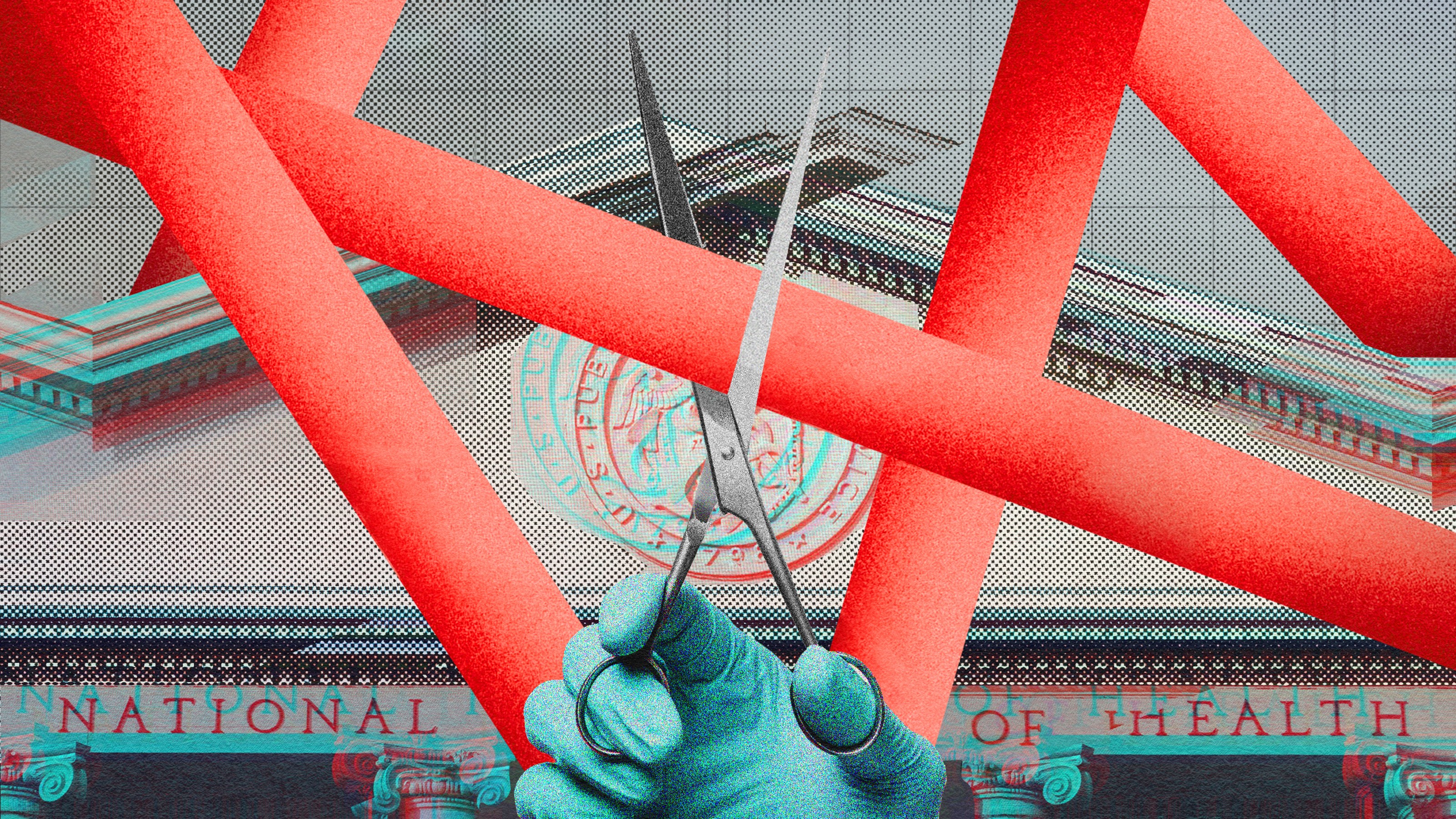Neuroscientist Patrick McNamara emphasizes the importance of REM sleep, during which we dream, in fueling human creativity and cultural progression. He explains that during REM sleep, our brains cultivate an atmosphere conducive to fostering connections between unrelated concepts, leading to uniquely human, innovative outcomes.
A notable feature of REM sleep is its ability to merge disparate ideas to generate inventive solutions to problems. Despite the modern world’s diminished appreciation for dreams, McNamara points out that traditional societies have always respected their transformative abilities. By effectively utilizing REM sleep, we can potentially unlock hidden creative abilities and address significant challenges that humanity confronts.
Given the significant value we place on innovation, McNamara’s insights regarding the power of the dream state could revolutionize our strategies toward problem-solving. He posits that by reassessing our engagement with the dream state, we could discover novel solutions to global issues, thereby facilitating cultural evolution.
McNamara: In the modern age, we've lost our reverence for the dream state. But REM sleep is what has made us special. We see glimpses of these other possible worlds in our dreams, and more and more evidence is accumulating, which suggests that REM sleep was absolutely critical to the evolution of the special cognitive capacities that human beings; evidence and therefore, critical to our cultural evolution, and our special creativity.
And what REM sleep normally does is it creates this very high cholinergic environment in the brain. And that environment allows for intense creativity because it promotes connections between otherwise disparate ideas. So it creates all kinds of bizarre ideas, but all kinds of creative ideas as well. So, when our ancestors in the upper-Paleolithic acquired greater access to the REM sleep state, both during sleep and during waking consciousness, it helped to fuel the onset of cumulative cultural evolutionary processes.
We know that REM sleep is especially important for human beings because we, as a species, have invested some 22% of our total sleep time in REM, and that's 10% more time devoted to REM than our primate relatives. So it's constantly creating these dream worlds for us, and we can then compare our current world with these alternative simulations of possible worlds. And it gives us something to say, "That world is valuable and this world is less valuable — so let's strive for the ideal." And that creates tremendous forward goal-seeking behaviors in all human cultural groups.
So REM has been crucial to human creativity. Human REM sleep has a lot of very peculiar characteristics. Every 90 minutes, we go into REM sleep, and our bodies become paralyzed. Yet our brains are more activated than they are during waking consciousness, and we're forced to watch these things we call dreams. So why would Mother Nature do something like that? We don't know. But among its effects are, it creates these dissociative experiences and associative experiences. The dissociative experiences are something that lots of us experience.
There's dreamy states where you feel like you're not quite yourself and you're in like a déjà vu experience or a fluid mental state, a flow state, but you're not sure what's real, what's unreal because you're immersed in all this imagery. But as you go through those kinds of dissociative states, it starts to relax or resolve into an associative state so that things that were previously unrelated get combined. And when unrelated ideas combine, creative, innovative things happen; and REM sleep promotes that associative state big time.
So, one might wanna harness REM given its contributions to the human evolutionary project and human flourishing. To do so, I'd recommend two things: One is to seek out surprise because what triggers REM is when you find that your current self model isn't operating that well, you need a new self model. What happens with a surprising event, particularly if it's intense, is it triggers an orienting reaction. The more intense the orienting reaction, the more likely it's gonna recruit what's called PGO waves. So seek out surprise so that it will trigger these PGO waves and then more intense REM states.
And then just traditional methods, like keeping a dream diary and trying to trigger lucid dream states might be advisable as well in some people, not everybody. Our culture has lost its reverence for the dream state, whereas traditional cultures absolutely reverenced dreams, and I think some due reverences would help the culture because it would create more openness to creativity and disparate ideas. This can help us solve the unknown unknowns, and help us get creative solutions to the problems people are facing.






